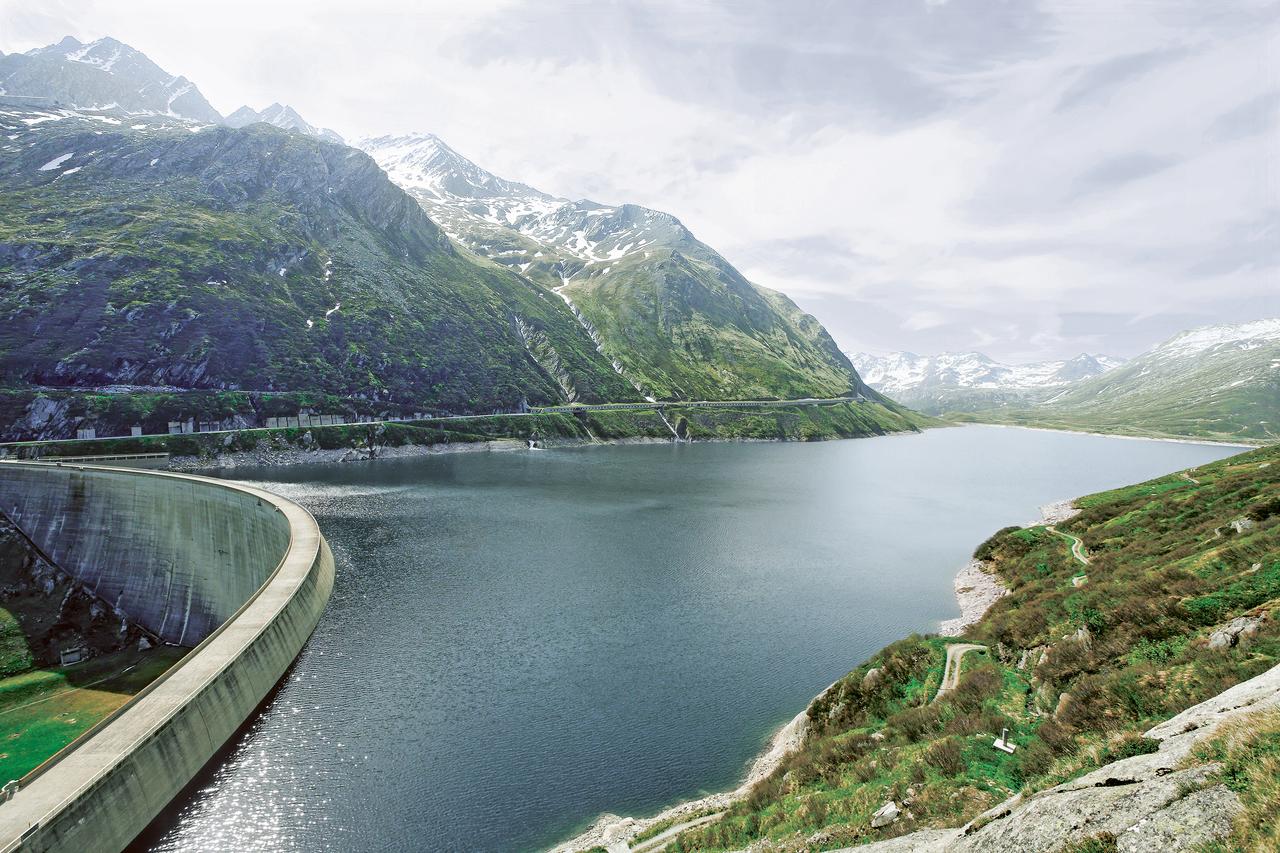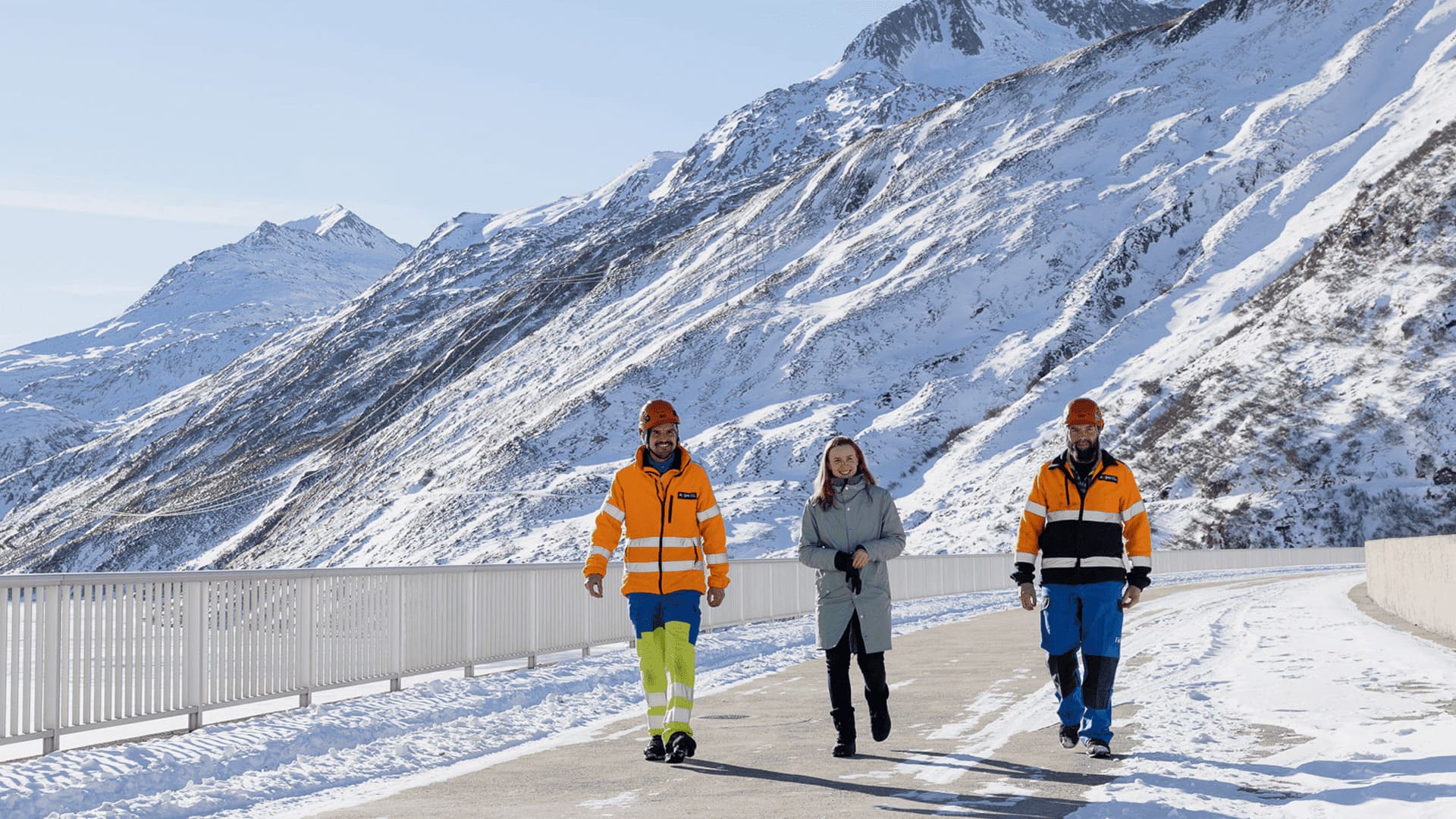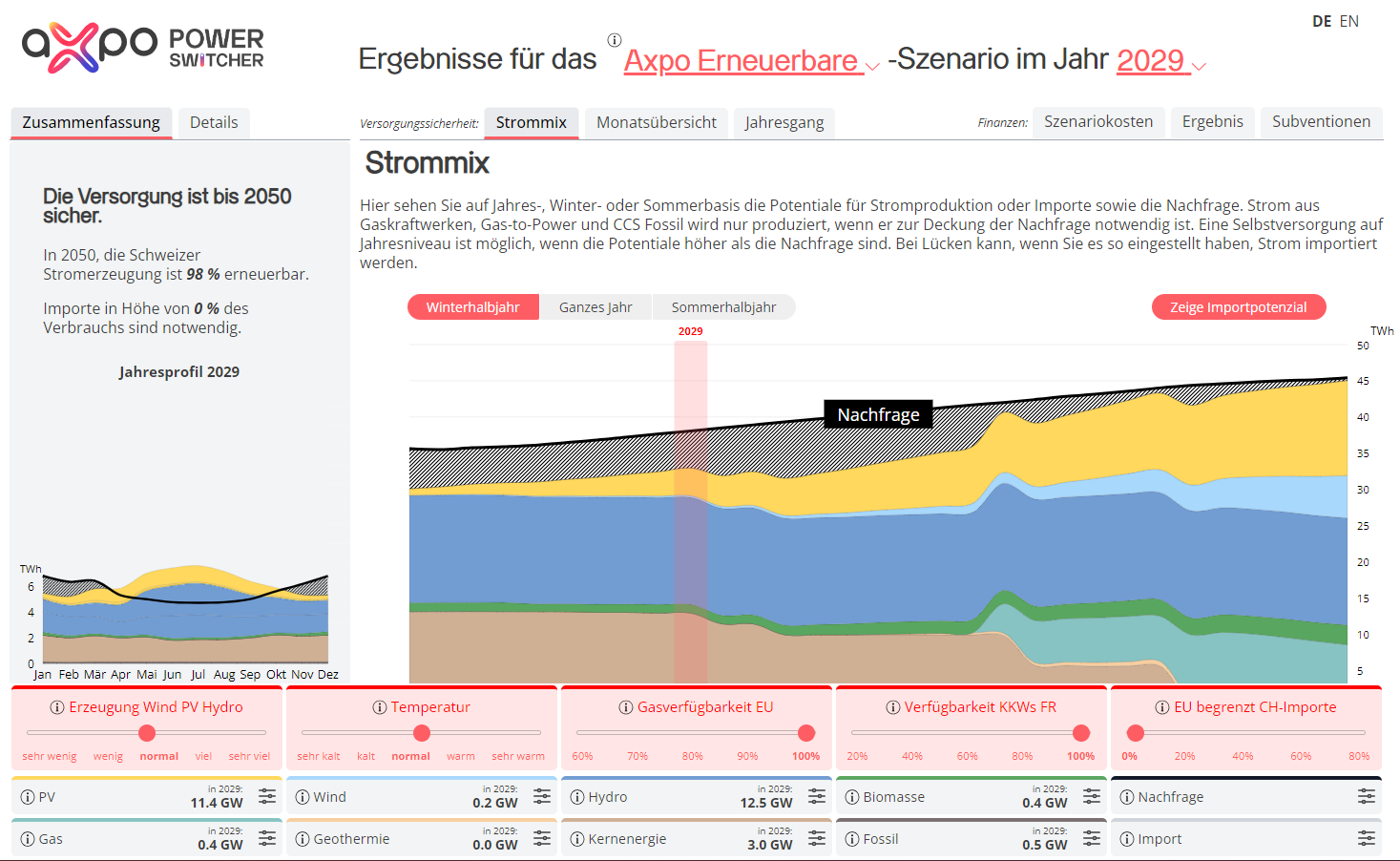26.09.2023 | Further measures required to expand renewable energies
The consolidation bill is an important step towards implementing the energy transition
The Federal Act on a Secure Electricity Supply from Renewable Energy Sources, known as the ‘consolidation bill’, is an important step toward making the energy transition a reality. Following intense debate, parliament resolved the last remaining sticking points today. This step provides a key impetus for increasing security of supply through the rapid expansion of renewable energies, but further efforts will be needed to reach the ambitious expansion targets. Parliament has also missed an opportunity to completely deregulate the electricity market.
The core of the consolidation bill is the increase in expansion targets for the production of electricity from renewable energies. Here, parliament signalled its clear intent for the rapid expansion of renewable energy production. Solar and wind energy, in particular, have the potential to meet the bulk of additional long-term electricity demand arising from the decarbonisation of the energy system and the phase-out of nuclear power.
The Swiss Federal Councils have made a clear commitment to hydropower and enshrined the Round Table’s expansion projects in law, and they will now benefit from simplified approval processes. Dam wall elevation projects, which help shift production from summer to winter, will profit from these changes, while new projects will increase production across the board.
An alternative, efficient funding instrument for renewable energies will be introduced in the form of floating market premiums. This method, well established in other countries, guarantees investment security by offsetting market price fluctuations. It also increases funding efficiency, as state resources are only distributed when required.
Lengthy approval processes remain a significant challenge to the attainment of ambitious expansion targets in the area of renewable production. With the consolidation bill, parliament has extended the national interest in the use of renewable energies to solar and wind power as well as power-to-gas, while also removing certain regulatory barriers. These resolutions aimed at accelerating expansion represent a major step in the right direction.
Market deregulation: a missed opportunity for lower prices
The abolition of the average price method is to be applauded; this will reduce distortion in pricing for basic supply. However, it is unfortunate that the Councils fell short of full deregulation of the electricity market. Competition for current basic supply customers would boost efficiency and innovation, resulting in long-term price reductions.
Also regrettable is the condition introduced by parliament that obliges energy suppliers to enforce efficiency measures. This obligation can distort the market and comes with a risk of higher prices for the end consumer if targets can only be reached at high cost or via expensive measures. This would also push suppliers into an area that does not form part of their core business.
Overall, the consolidation bill is more positive than negative. It represents a vital – if incomplete – stage in the journey towards a renewable energy future. It is crucial that the Federal Council set optimal framework conditions for renewable energies at the ordinance level, in line with parliament’s intentions. To effectively accelerate expansion of renewable production, significant shortening of the approval procedure will be essential. Parliament has an opportunity over the coming months to introduce key legislative amendments with the bill for the acceleration of approval procedures.




.jpg)





